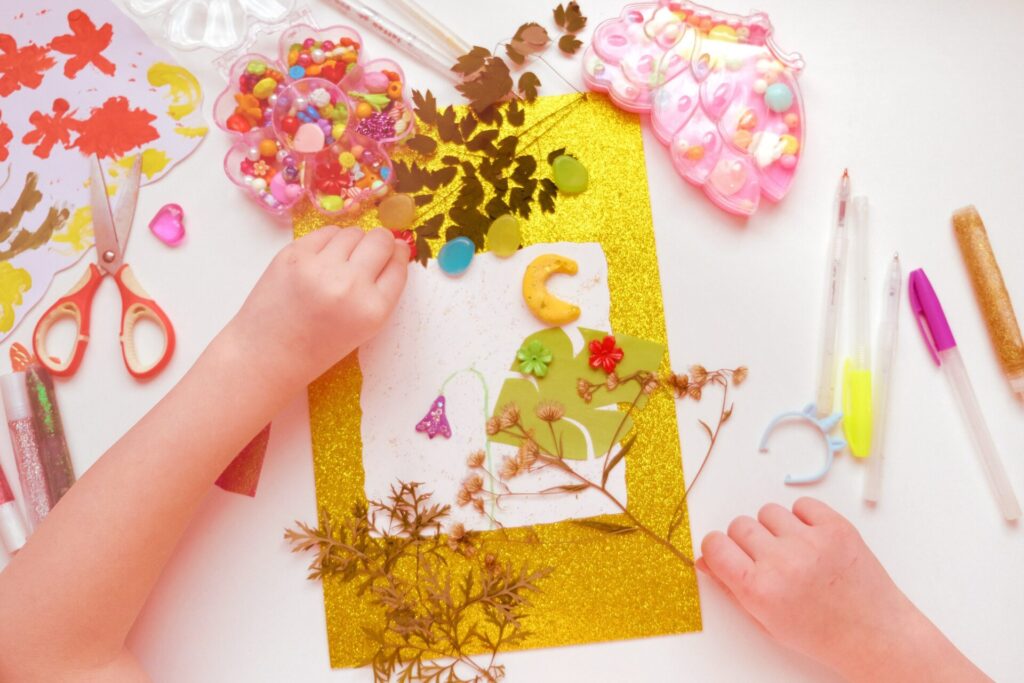Enmeshment parenting—relying on your child for emotional support—can have damaging long-term consequences. Learn how to recognize unhealthy dynamics and set boundaries for a better future
You’ve no doubt seen the posts from influencers that proclaim, “My baby is my bestie” or “I’m so grateful I gave birth to my best friend.” You may not have thought twice about it, because it really is a kind of silly statement—an infant or toddler doesn’t have the emotional capacity to be anyone’s friend—but if that attitude continues as that baby grows up, it’s so much more damaging than you might think.
Enter enmeshment parenting—when parents end up overly reliant on their child to meet their own needs. Read on to learn the hallmark signs of enmeshment parenting, why the dynamics of this parent-child relationship can have major negative consequences, and how to strike a better, healthier balance with your kids.
What is Enmeshment Parenting?
Enmeshment, or an enmeshed family system, is the term used to describe parent-child relationships where the parent treats their child as their primary emotional partner. In this dynamic, the parent leans on their child for emotional support, companionship and validation, in a role usually reserved for a partner or close friend. This reciprocal emotional connection asks a lot of the child, and undermines any guidance and authority their parent can offer. It pushes kids to develop a level of maturity that is often beyond their years, as they are usually privy to information (financial struggles, marital or relationship issues, personal insecurities) from which other kids their age would be shielded.
On the surface, this openness might feel like a good thing. But there’s a difference between fostering a loving, open relationship where your kids feel like they can tell you anything, and a relationship where you are dependent on your child to meet your needs.
How Do You Know You May Be an Enmeshed Parent?
Here are some of the hallmark signs of enmeshment:
- Emotional role reversal, where the child takes on the role of a confidant or counsellor
- Thinking of and treating your child as a peer
- Prioritizing your relationship with your child over building relationships with other adults
- Saying things like, “I don’t know what I’d do without you” or “you’re the only one who understands me,” which is a guilt-based tactic to keep kids close
- Experiencing difficulty letting your child be independent, or dissuading them from pursuing other activities and friendships outside of your relationship
- Being overly involved in your child’s life
- Ignoring or suppressing your child’s emotional needs if they don’t serve you
How Enmeshment Parenting Plays Out in Adulthood
The Washington Post published an article last week on the perils of soulmate parenting, which is similar to enmeshment parenting. It’s a parenting system where the child relies on their parent to recognize and meet their every need (somewhere along the lines of helicopter parenting). This article sparked an overall conversation about boundaries, and the lasting effects of a parent-child link where boundaries are blurred.
Where enmeshment is concerned, kids (and then adults) who were raised in an enmeshed family system typically don’t have a strong sense of self; depend on others for validation and boosts to their self-esteem; have difficult having a healthy level of independence in a relationship; are unable to think or act on their own, without feeling they are betraying their family; can’t make adult decisions without consulting their parents or other family members. It’s common for people who grew up in enmeshed households to experience anxiety, depression, substance abuse issues and other mental health challenges as adults.
Why Setting Boundaries is So Important
If you’ve read this article and are having a gut-check moment as to whether you and your child are too codependent, all is not lost. Take a step back and examine the dynamic. Chances are, you could benefit from some serious boundary setting (it’s never too late to re-draw the lines of a parent-child relationship). Here are some ways you can start today:
- Prioritize age-appropriate roles. Respect the stage of development your child is in, and avoid telling them things that are beyond their maturity level. Let your kid be a kid. If you need a confidant, seek out a close adult friend or family member, or find a therapist to work through your personal issues.
- Find ways for your child to be independent. Encourage your child to find hobbies and activities independent of you, even if that means time away from you.
- Model healthy relationships. Role-modelling is the best thing a parent can do, in every instance. Show your kids that you are seeking out an adult network for the connection you need.
- Make space for their emotions. Practice active listening with your child without expressing your own issues. Ask how they are, or how their day was, and don’t plan to share your own experiences.
If this guidance feels like too tall an order for you, there’s no shame is seeking help. Work with a mental health professional to help you and your child recognize the disconnects and set healthier boundaries for everyone. This isn’t about creating distance, and it won’t happen overnight; it’s about gradually laying the foundation for you and your child to have thriving, independent lives.










